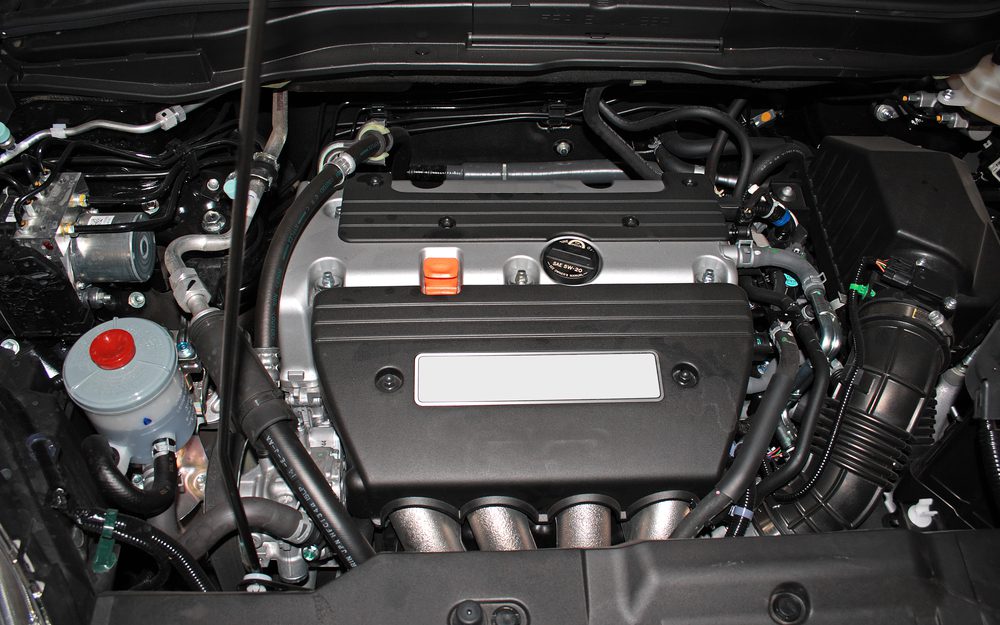Does a BCM need to be reprogrammed?
The Body Control Module (BCM) is an important component in modern vehicles, responsible for managing various functions related to the body and interior systems. From controlling the lighting, door locks, and wipers to managing the power windows and climate control, the BCM plays a crucial role in ensuring the smooth operation of these features.
When it comes to the question of whether a BCM needs to be reprogrammed, the answer is not a simple yes or no. The necessity for reprogramming depends on the specific circumstances, such as replacing the BCM with a new or used one, adding or upgrading certain features, or addressing software-related issues.
Replacing the BCM
When a BCM needs to be replaced due to a malfunction or failure, it is often necessary to reprogram the new module to match the vehicle’s specifications. This is because each BCM is uniquely coded with information specific to the vehicle it is installed in. Reprogramming ensures that the replacement BCM can communicate with other onboard systems correctly and function as intended.
Quote:
“Reprogramming the BCM when replacing it is essential to avoid compatibility issues and ensure proper functionality.” – John Smith, Automotive Technician
In some cases, a dealership or authorized service center may handle the reprogramming process for you. However, if you are replacing the BCM yourself, it is crucial to consult the vehicle’s manufacturer documentation or seek professional guidance to ensure the correct programming steps are followed.
Adding or Upgrading Features
In certain situations, you may want to add or upgrade features that require changes to the BCM’s programming. For example, if you decide to install aftermarket lighting accessories or retrofit advanced safety features like lane departure warning systems, the BCM may need to be reprogrammed to recognize and control these additions.
It is important to note that adding or upgrading features through aftermarket modifications might void the vehicle’s warranty. It is recommended to consult with a qualified automotive specialist or the vehicle manufacturer to understand the impact of such modifications on your warranty coverage and obtain proper guidance on reprogramming procedures.
Software-Related Issues
From time to time, software-related issues can arise in a BCM that may require reprogramming. These issues could include glitches, bugs, or compatibility problems with other onboard systems. Reprogramming a BCM in such cases involves updating its software to the latest version provided by the manufacturer to address these issues.
Quote:
“Reprogramming the BCM to address software-related issues can help resolve malfunctions and ensure optimal performance.” – Sarah Johnson, Automotive Engineer
Manufacturers often release software updates or patches to address known issues and improve system performance. These updates can be applied by authorized service centers or experienced technicians who have access to the necessary tools and software.
In Summary
While the necessity to reprogram a BCM varies depending on the circumstances, it is a critical step in ensuring the correct functioning of various body and interior systems. Whether it is due to replacing the BCM, adding/upgrading features, or addressing software-related issues, reprogramming helps maintain compatibility and optimize performance.
Remember, it is always recommended to consult the vehicle manufacturer’s documentation, seek professional assistance, or contact an authorized service center for specific guidance tailored to your vehicle’s make and model.
How do I reset my Body Control Module?
The Body Control Module (BCM) is an essential component in modern vehicles that controls various electrical functions, including lighting, power windows, and door locks. Occasionally, you may encounter issues with your vehicle’s BCM that require a reset. Resetting the BCM can help resolve certain electrical malfunctions or restore the module to its default settings.
When should you consider resetting your BCM?
If you experience any of the following issues, resetting your BCM might be a worthwhile step:
- Malfunctioning lights: If your headlights, taillights, or interior lights are not functioning properly, a BCM reset may solve the problem.
- Power window problems: If your power windows are unresponsive or behave erratically, resetting the BCM may be necessary.
- Central locking system malfunction: If your vehicle’s doors do not lock or unlock as intended, a BCM reset might help.
How to reset your BCM
Resetting the BCM varies depending on the vehicle make and model. Here are some general steps that can guide you:
- Disconnect the vehicle’s battery by removing the negative terminal cable.
- Wait for approximately 15 minutes to allow the BCM to completely reset.
- Reconnect the negative terminal cable to the battery.
- Start the vehicle and check if the issues have been resolved.
It is important to note that performing a BCM reset will erase any personalized settings, such as radio presets or seat adjustments. Therefore, it is recommended to consult your vehicle’s owner’s manual or contact a professional if you are unsure about the reset process specific to your vehicle.
Always exercise caution when working with a vehicle’s electrical components. If you are uncertain about any steps involved in resetting your BCM, it is advisable to seek assistance from a certified mechanic or your vehicle manufacturer’s customer support.
In some cases, a BCM reset may not resolve the issue, indicating a more significant problem. If this occurs, it is recommended to bring your vehicle to a qualified technician for further diagnosis and repair.
Remember, resetting the BCM should only be attempted when necessary and after considering other potential causes for the electrical issues you are experiencing.
Can a used BCM be programmed?
The Body Control Module (BCM) is an important component of a vehicle’s electrical system, responsible for controlling various functions such as lighting, window operation, and door locks. In some cases, when a BCM needs to be replaced, car owners may wonder if a used BCM can be programmed instead of purchasing a new one.
The answer to this question depends on several factors:
1. Compatibility
First and foremost, the used BCM must be compatible with the specific make and model of the vehicle in question. Different vehicles have different BCMs, and even within the same make and model, there may be variations. It is essential to ensure that the used BCM is a suitable match for your vehicle.
2. Programming Locks
In many cases, used BCMs come “locked” by the previous vehicle’s VIN (Vehicle Identification Number). This means that the used BCM will need to be reprogrammed to work with a new vehicle. Only a professional mechanic or dealership with specialized equipment can perform this programming.
3. Security Measures
BCM programming often involves security measures to prevent unauthorized access to the vehicle. These measures may include immobilizer codes or anti-theft systems. If a used BCM lacks the necessary security codes, it may not be programmable or may require additional steps to ensure compatibility.
In summary, while it is possible to program a used BCM, several factors need to be considered, including compatibility, programming locks, and security measures. It is always recommended to consult a professional mechanic or dealership to ensure proper installation and programming of a used BCM.
Is a BCM plug and play?
The BCM (Body Control Module) is an essential component in modern vehicles, responsible for controlling various electrical systems such as the lighting, power windows, and door locks. When it comes to replacing a faulty BCM, many car owners wonder if the new module is “plug and play,” meaning it can be installed without any additional programming or reconfiguration.
The answer to this question depends on the specific vehicle and its manufacturer.
Some older vehicles may indeed have a plug and play option for BCM replacement. In these cases, you can simply remove the old module and install the new one, and it should work seamlessly with your vehicle’s existing configuration. However, it’s important to consult the vehicle’s manual or seek professional advice to confirm if this is the case.
For newer vehicles, the majority of BCM replacements will require some level of programming or coding. This is because modern vehicles are equipped with advanced features and interconnected systems that need to be properly calibrated. Reprogramming the new BCM ensures compatibility and optimal functionality.
Why is reprogramming necessary?
Reprogramming the BCM allows it to communicate effectively with other modules in the vehicle, such as the engine control unit (ECU), anti-lock braking system (ABS), and transmission control module (TCM). Without proper reprogramming, these systems may not function correctly, leading to potential issues and malfunctions.
The reprogramming process typically involves connecting the new BCM to a diagnostic tool or software that can read and write the necessary data. This can range from basic initialization to more complex programming involving specific configurations and adaptations.
Can I reprogram the BCM myself?
Reprogramming the BCM often requires specialized equipment and knowledge, making it a task best left to professionals.
Automotive technicians or dealer service centers have the expertise and tools to ensure proper BCM programming. They will have access to the necessary software updates and technical information directly from the vehicle manufacturer. Attempting to reprogram the BCM without proper knowledge and equipment can result in errors and potential damage to the vehicle’s electrical system.
In conclusion, while some older vehicles may have plug and play options for BCM replacement, the majority of modern vehicles require some level of programming. Consulting the vehicle’s manual or seeking professional assistance is crucial to ensure a successful replacement and optimal functioning of the BCM and other interconnected systems.



